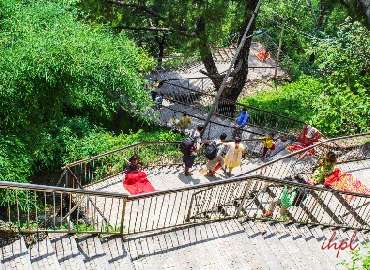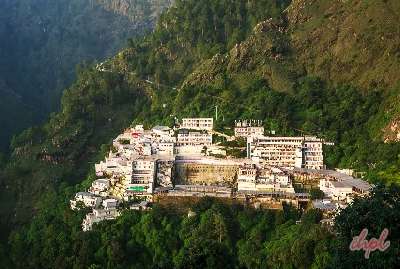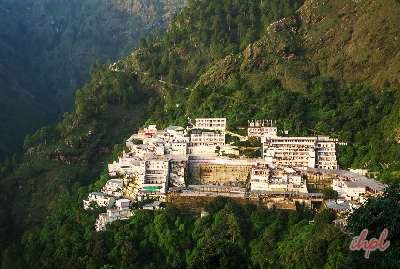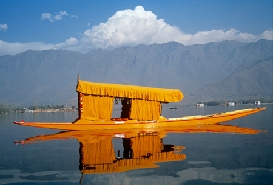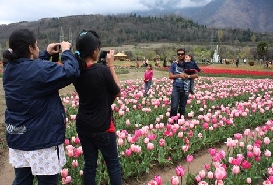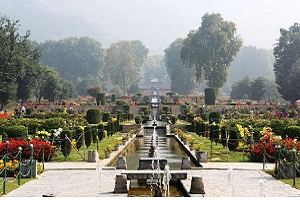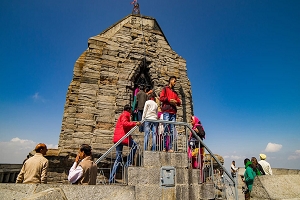Kashmiri kebab is a popular meat dish in Kashmir. It is eaten as a snack or meal with rice or bread made of wheat. Its aromatic flavor and delicious taste make it a favorite the world over. So, whichever North Indian restaurant you go to in the world, you can savor these tasty kebabs.
History of Kashmiri Kebab:
The origin of kebab is most probably from the Caucasian region of the Europe-Asia boundary. It derives its name from the Persian word ‘Cabob,’ which means a grilled or roasted piece of vegetable, fish, or meat. Kashmiri kebab is known by other names such as Shammi kebab or Syrian kebab. The word ‘Sham’ means Syria in the Urdu language. So, that’s where it gets its name – its Syrian origin. Its preparation has Uzbek and Persian influences as well.
Kashmiri kebabs have influenced a variety of kebabs in India. You can find its variations in other Indian cities as well. For example, the Shammi kebab in Awadhi cuisine is similar to the Kashmiri kebab.
Preparation of Kashmiri Kebab:
Kashmiri kebabs are prepared with minced chicken, mutton, or beef. In Pakistan and Middle East countries, the beef version is quite popular. You will find Kashmiri kebabs with all the meat variations in Kashmir. The process of preparing this gastronomic delight is boiling the minced meat in water with a teaspoonful of salt until the meat is tender. Then, grind the meat into a fine paste. Add onions, green chilies, ginger, garlic, turmeric, cumin seeds, cardamom, and peppercorn to the soaked Bengal gram dal and grind into a fine paste. Mix both the pastes and add well beaten eggs to form a dough. Shape the dough into small, flat, round balls and deep-fried them until golden brown. Some restaurants roast the kebabs in the tandoor. They are usually served hot with lemon juice, chutney (Indian sauce made with yogurt, mint, and coriander leaves), and onion rings.
The kebabs can be made as a dry snack or curry. You already know how to prepare the dry variety. The curry is prepared with tomato puree, yogurt, and spices. This delicacy is a must serve during the Muslim festival of Eid.
Kashmiri Kebab Worldwide:
The inclusion of the Kashmiri or Shammi kebab in menus of North Indian restaurants worldwide is proof of its popularity. Well known chefs have added their touches and refinements. For example, chef Davinder Kumar has given 365 kebab recipes in his book Just Kebabs. That’s one kebab dish for every day of the year!




